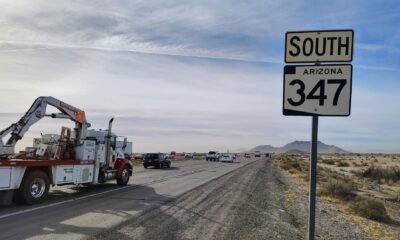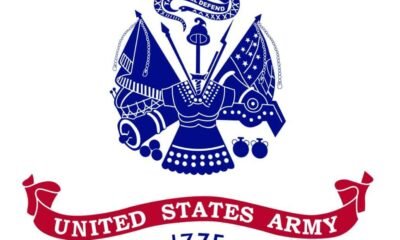Editorials & Opinions
Chevron Deference Decline Could Unlock Restricted US Forest Service Trails

In Arizona, motorized trail closures have become a contentious issue as the U.S. Forest Service restricts access to thousands of miles of public lands. These closures are primarily justified under the guise of forest maintenance, wildfire prevention, and erosion control. However, critics argue that these measures have severely limited public access to lands that taxpayers support.
Local forest rangers face pressure from private property owners surrounding public lands, who view adjacent roads as extensions of their domains. In many instances, ranchers utilizing public allotments for grazing have vocally advocated for road closures, complicating the balance between public access and private interests.
The legal foundation for these closures has relied heavily on the U.S. Supreme Court’s 1984 ruling in Chevron v. Natural Resources Defense Council. This decision allows federal agencies to interpret ambiguous congressional legislation, granting them significant regulatory power. Such “Chevron deference” has led to changing interpretations every time a new administration takes office, creating a level of uncertainty in land management practices.
However, a recent landmark ruling in the case of Loper Bright v. Raimondo has brought this practice into question. On June 28, the Supreme Court overruled Chevron deference, effectively halting the three-decade precedent that prioritized federal agency interpretations over legislative clarity. This shift demands that Congress draft more explicit legislation regarding forest management, reducing the reliance on federal agency discretion.
The ramifications of this decision are profound but gradual. While existing regulations based on prior Chevron deference remain intact, the ruling prohibits future closures from being justified using the same regulatory framework. As forest management plans undergo review, the public will likely gain new opportunities to contest closures that were previously justified under Chevron.
Legal experts have summarized this transition simply: “Chevron is dead, long live Chevron.” The ruling emphasizes the need for clearer congressional directives and signals a shift towards increased judicial scrutiny over vague regulatory practices.


















